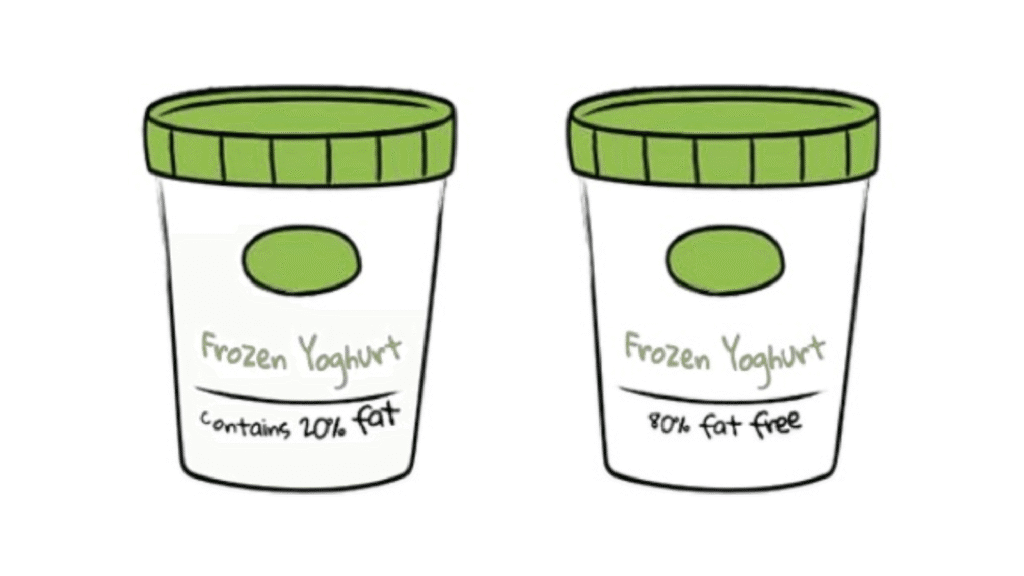More Choices. More Confusion. Less Conversion

Sometimes less is more. Customers’ delight might suffer if they are given too many options to choose from.
The more options a business gives its customers, the better, or so the thinking goes. For instance, they think that if they stocked 300 different kinds of shirts instead of just a handful, more customers would discover something they liked. But studies have shown that customers are less likely to make a purchase and are less pleased with their pick if there is too much variety to choose from.
Studies

In principle, having a lot of options to choose from is great, but in practice, it may be paralyzing. Although it is often held, that one can never have too many alternatives to choose from, research has shown that doing so may lead to paralysis. In his book, The Paradox of Choice: Why More Is Less, psychologist Barry Schwartz questions the idea that more choices mean more freedom and happiness. Instead, he claims that having too many alternatives may lead to stress, indecision, and even melancholy.
Schwartz’s findings are backed up by Mark Lepper, a professor of social psychology at Stanford University, and Sheena Iyengar, a professor of psychology at Columbia University and the author of The Art of Choosing. The Jam Study, which was done by the pair, is thought by many to be one of the most important consumer psychology studies. It found that reducing consumers’ options improved sales. When they cut the number of choices from 24 to 6, jam sales went up by a factor of 10. 60% of customers were attracted to the larger display, but only 3% bought it after trying an average of two jams. Customers who tried the jams from the reduced selection (30%) were more likely to buy.

Several fields, from chocolates to finance to speed dating to essay writing, have seen studies that mirror the Jam Study. Overall, when participants had fewer alternatives to pick from, they were more satisfied with their decisions (or produced a higher quality final result, as in the case of the essays). Too many options, also known as choice overload or choice paralysis, may cause decision fatigue that can lead to anxiety over making a poor choice and, in extreme cases, guilt and shame. By cutting it down, you’ll feel relieved instead of disappointed or afraid of missing out (FOMO).
While options are beneficial, the link between that and feeling content is more nuanced than we may have thought. At first, having more options makes people happier, but over time, the law of decreasing marginal utility means that the gains start to even out. Also, most psychologists and business experts haven’t thought much about another effect of choice. More of it demands more of your time and effort, and it may cause stress, regret, unrealistic expectations, and guilt if the results are less than ideal. These costs are little when there are few alternatives to choose from, but they increase exponentially as more choices become accessible. As time goes on, it seems like every alternative leaves us in a worse position than before.
The same goes for how you present your brand in the market. When too many potential influences are at play, the final decision is weakened, and the positioning statement becomes a jumbled collection of optional extras that lacks focus and isn’t in line with the company’s overall goals. This is the path that leads to the dreaded “all things to all people” positioning: Brand positioning like, “My company does A, B, and C, and we even dabble in D,” leads to an embarrassment of riches but ultimately communicates very little.
No longer can the idea of “consumer agency” stand on its own as a reason for a marketing strategy. For both the store and the client, more isn’t necessarily better. Identifying the appropriate level of variety is a formidable empirical task. But businesses that strike the right chord will reap substantial benefits.
Reference
https://cxl.com/blog/does-offering-more-choices-actually-tank-conversions/



